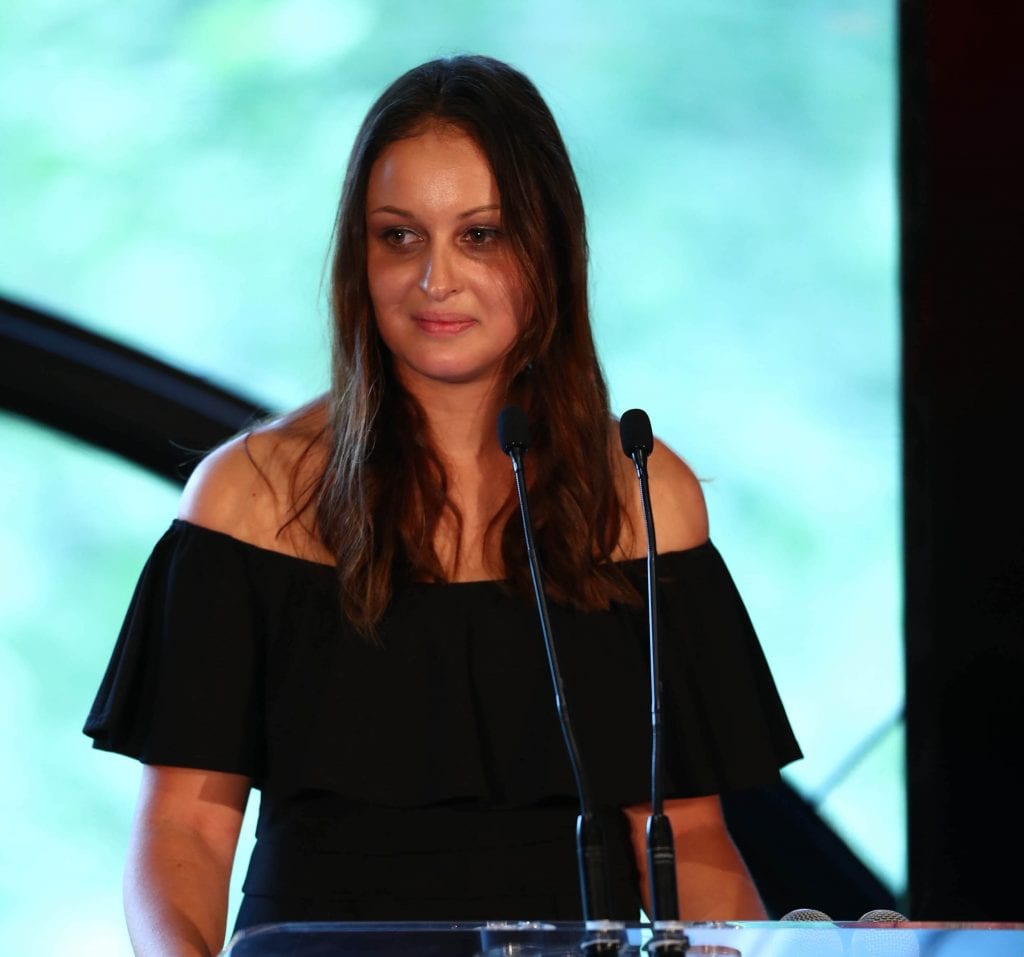Shrill, sensitive, bubbly, pushy, hysterical, bossy—women the world over have grown accustomed to these terms. But when was the last time you heard a dude described as “sassy” outside of Will & Grace?
Last week, another sweet little adjective was introduced into my gendered vernacular, when a family member (let’s call her Betty) referred to me as “just really opinionated”.
After mentally hurling insults for about an hour, I wondered why this phrasing really bothered me. Why did I care? Why did I feel such overwhelming indignation? After all I do have opinions, lots really, and I’m honestly thankful because I’d be bored without them.
But Betty didn’t describe me having ‘lots of opinions’ she described me as ‘opinionated’ and there’s a vast (and pretty damn offensive) difference.
The dictionary describes someone opinionated as ‘characterised by conceited assertiveness and dogmatism.’ Now, I’m no crazy wordsmith, but ‘conceited assertiveness’ really isn’t sounding too positive to me.
Also, I’d really only proffered a single opinion in this instance. One that didn’t align with Betty’s own thinking, but did that really render my position dogmatic or out of line?
I’m doubtful.
But the main reason the word ‘opinionated’ really grinds my gears, (and here’s the clincher) is because it’s used nearly exclusively to describe women, and as such, has a pretty potent sting.
For starters, I thought about whether Betty would have ever described my brother, uncle or dad in the same way. The answer was definitively no, and rest assured that’s not because any of those guys are timid little flowers.
I also thought about the real meaning behind her comments.
After all, my thoughts were deemed invalid from the outset. Not because I’m a raging, bigoted, ignorant or obtuse idiot, but because I’m a woman and a young one at that. And the truth is that over the course of history, women with opinions have been encouraged (sometimes forcefully) to suppress them the best they can.
Consider the huge number of female authors who use pseudonyms in a bid to hide their gender. JK Rowling was explicitly instructed by her publisher to do so, to minimise the chance of young male readers rejecting Harry Potter.
Consider the fact that women weren’t actually afforded the right to vote in this country til the early 1900s. Because clearly their husband would do it for them.
Consider the phrase ‘little girls should be seen and not heard’ which was commonly used just a few short decades ago.
Consider the fact, that during the last presidential election campaign, Hillary Clinton was repeatedly accused of “playing the gender card” whenever she dared open her mouth to condemn blatant sexism.
Our cultural history, and our cultural present urges women to shut up, so words like ‘opinionated’, ‘shrill’ ‘aggressive’ ‘emotional’ and ‘stubborn’ are employed regularly to make us do just that. To shame us into believing that we are somehow acting against the norm and our behaviour is unacceptable.
But though this social construct is tough and resistant to change it’s ultimately not impenetrable. If we start recognising the pervasiveness of gendered words and the damaging connotations they hold, we can start rejecting them altogether.
Last week at the Women’s Agenda Leadership Awards, Professor Gillian Triggs urged women to “speak up, stand up and withstand whatever they throw at you.”
So Betty, if it’s alright with you I’ll be taking that advice.


